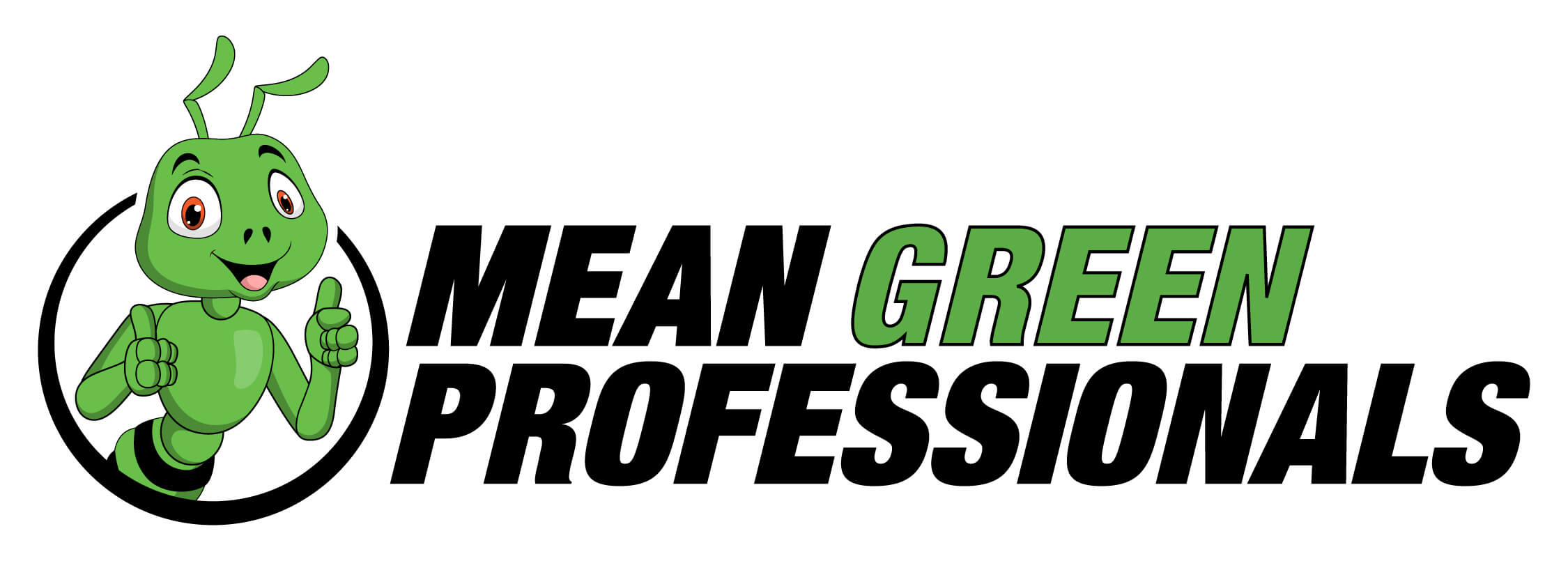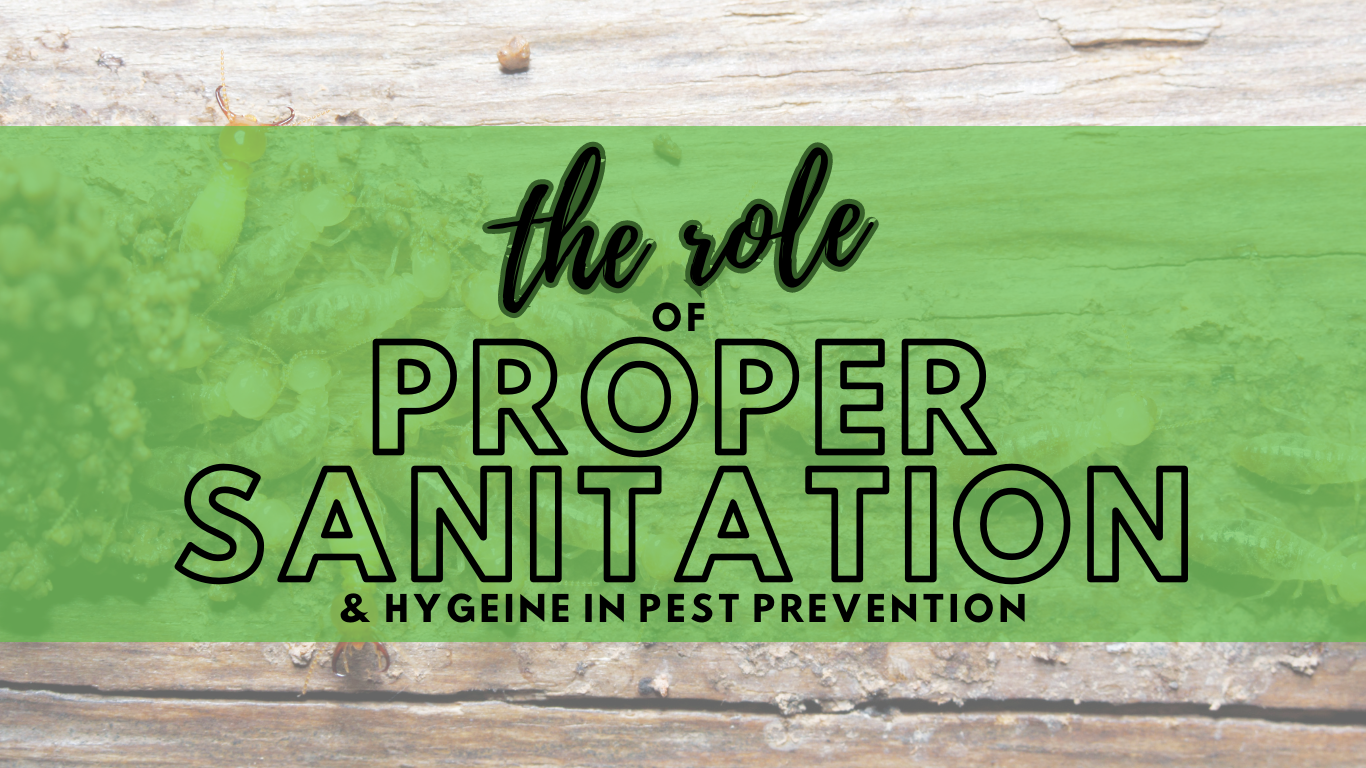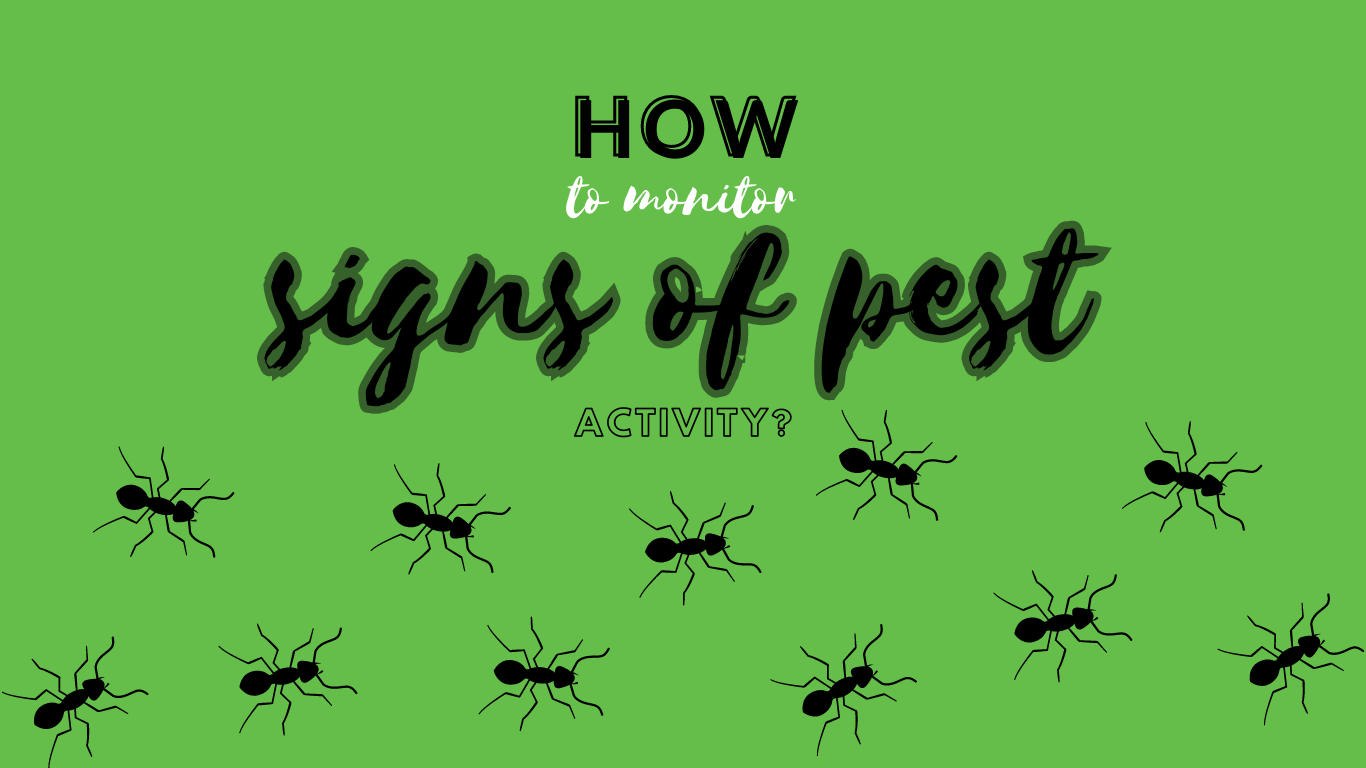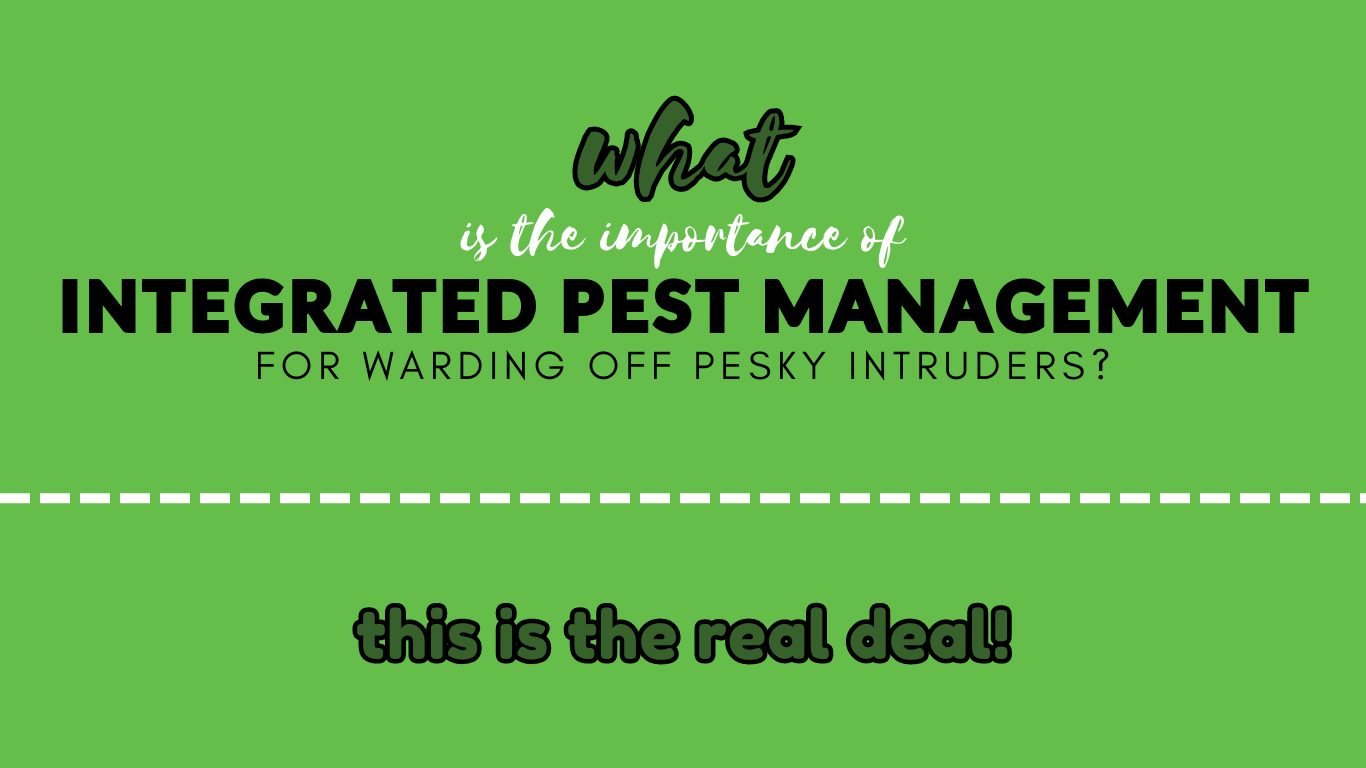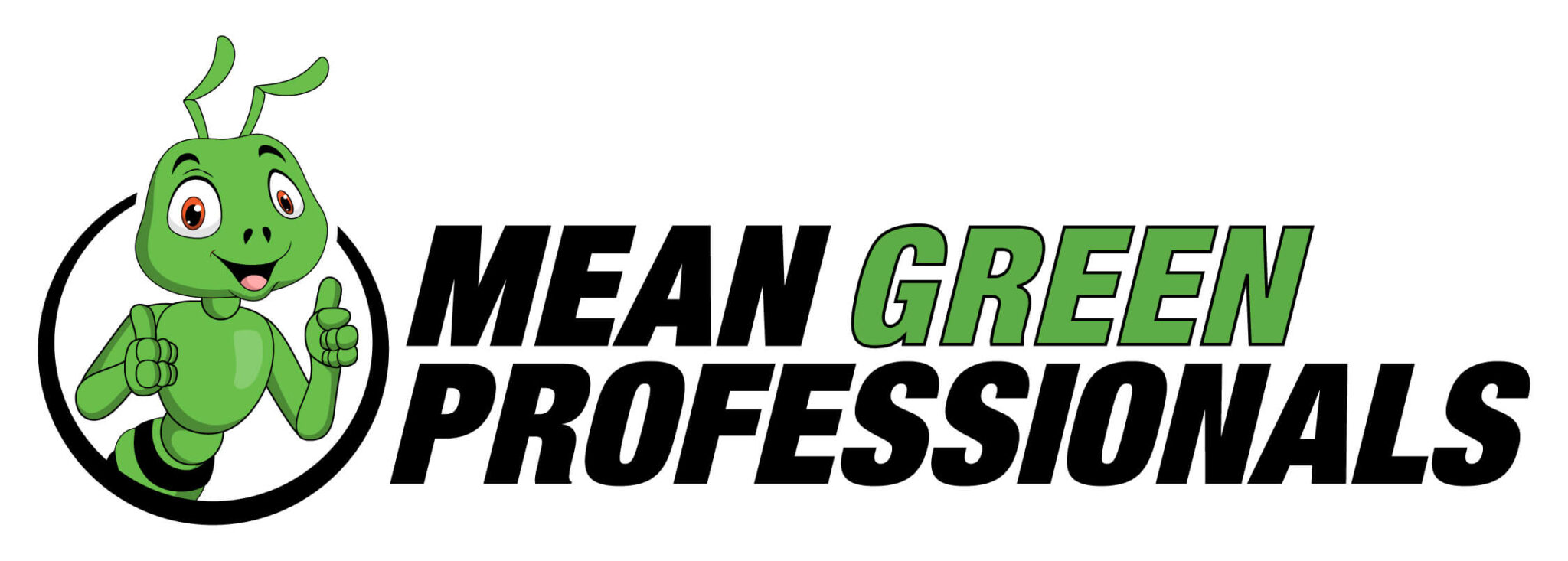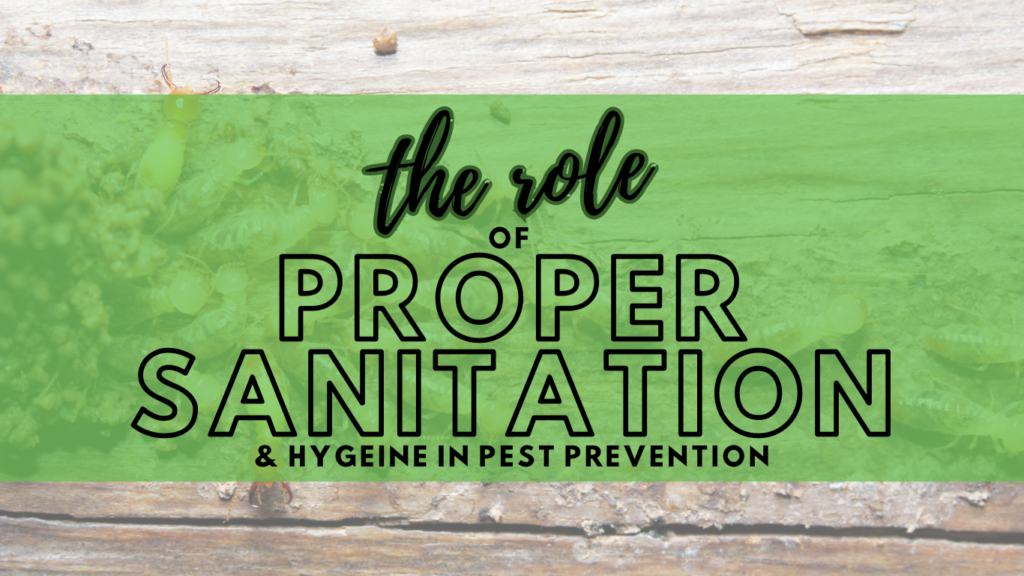
Creating a pest-free environment in Smyrna, Tennessee, starts with understanding the role of proper sanitation and hygiene in pest prevention.
By implementing effective practices, you can significantly reduce the risk of pests infiltrating your space and causing havoc.
This article explores the role of proper sanitation and hygiene in pest prevention, highlighting practical strategies that can be applied in both residential and commercial settings.
From eliminating food and water sources to implementing regular cleaning routines, you’ll discover actionable steps to keep pests at bay.
With a focus on proactive measures, you can safeguard your property and promote a healthy living or working environment.
Table Of Contents:
- The Importance of Proper Sanitation and Hygiene in Pest Prevention
- Types of Pests Affected by Proper Sanitation Practices
- Benefits of Maintaining Cleanliness for Effective Pest Control
- Exterior Maintenance Tips for Deterring Pests
- Monitoring Signs of Pest Activity
- Partnering with Mean Green Pest Pros for Effective Pest Control
- Integrated Pest Management (IPM): The Way to Go
- FAQs in Relation to the Role of Proper Sanitation and Hygiene in Pest Prevention
- Proper sanitation and hygiene are key to effective pest prevention, creating an unfavorable environment for pests and promoting a healthier living space.
The Importance of Proper Sanitation and Hygiene in Pest Prevention
Proper sanitation and hygiene are crucial in preventing pests and ensuring food safety by eliminating conditions that attract pests like weevils, Indian meal moths, and flour beetles.
Types of Pests Affected by Proper Sanitation Practices
- Cockroaches: thrive in dirty environments with access to food sources like crumbs or grease build-up.
- Rodents: are attracted to cluttered spaces that provide hiding spots, nesting materials, and easy access to food.
- Fruit Flies: are attracted to overripe fruits or unclean surfaces and reproduce quickly if left unchecked.
- Pantry Pests: like weevils, Indian meal moths, and flour beetles seek out improperly stored grains or other pantry items as their primary food source.
Benefits of Maintaining Cleanliness for Effective Pest Control
- Better Food Safety Standards: Maintaining cleanliness reduces the risk of contamination from pests carrying harmful bacteria into your home or business establishment, ensuring quality assurance when serving safe meals at restaurants or maintaining healthy living conditions at home.
- Deters pests: Maintaining cleanliness in your surroundings creates an unattractive environment for pests, reducing the likelihood of infestations.
- Limits food sources: Clean spaces eliminate food debris and spills that pests rely on for sustenance, making it harder for them to find nourishment.
- Reduces hiding places: Regular cleaning reduces clutter and eliminates potential hiding spots for pests, making it easier to detect and address any pest issues.
- Minimizes pest attraction: A clean environment with no food residue, standing water, or garbage can help deter pests from entering your property in the first place.
- Promotes early detection: When your space is clean, you’re more likely to notice signs of pest activity early on, allowing for prompt action and prevention of further infestations.
- Improves overall hygiene: Cleanliness not only keeps pests away but also promotes better hygiene, creating a healthier and safer living environment for you and your family.
- Enhances peace of mind: By maintaining cleanliness, you can enjoy peace of mind knowing that you’re actively preventing pest-related problems and protecting your property.
Exterior Maintenance Tips for Deterring Pests
Keep pests away by maintaining your property’s exterior with these essential tips.
Vegetation Management Around Buildings
Trim back overgrown plants, trees, and shrubs to prevent pests from using them as hiding spots or entryways.
- Trim tree branches close to your building to prevent pests from using them as a bridge.
- Maintain a gap between landscaping and your structure to prevent wood-destroying insects from gaining access.
- Avoid planting dense foliage near openings where pests might sneak inside.
- Regularly remove fallen leaves and debris to prevent breeding sites for insects.
Trash Bin Maintenance Best Practices
Proper management of trash bins is essential in controlling pests.
- Cleanliness: Regularly clean and sanitize trash bins to remove any food residue or lingering odors that may attract pests.
- Lids: Always use a tight-fitting lid on your garbage cans to prevent pests from finding a meal.
- Placement: Position dumpsters away from the building’s exterior walls to discourage pests from finding their way inside.
- Schedule: Schedule regular pick-ups of waste materials to prevent overflowing bins which could serve as breeding grounds for pests.
Keep an eye out for signs of pest activity and reach out to professionals like Mean Green Pest Pros for eco-friendly integrated pest management solutions tailored to meet your needs.
Monitoring Signs of Pest Activity
Consistent monitoring for signs of pest activity is crucial for maintaining proper sanitation and hygiene in your home or facility.
Remove food debris around microwaves, refrigerators, and vending machines, and wipe up residue left behind on coffee machines or water coolers.
Regularly inspect roofs and other areas where pests may find access points.
Common Indicators of Insect Infestation
- Fecal droppings: Small black or brown pellets found near food sources are usually a sign of insect activity.
- Egg casings: Many insects lay eggs in small clusters, which can be discovered during routine inspections.
- Molted skins: As insects grow, they shed their exoskeletons; finding these remains is an indication that pests are present.
- Nesting materials: Pests like rodents and birds often use materials such as paper or insulation to build nests within walls or attics.
Take immediate action by contacting professional pest control services like Mean Green Pest Pros, which specializes in eco-friendly solutions for eliminating unwanted pests from your property without the use of harmful chemicals.
IPM, as recommended by the EPA, focuses on the importance of keeping watch and spotting infestations early to avoid issues with pests.
Key Areas to Inspect During Routine Checks
- Kitchen and food storage areas: Ensure these spaces are clean and free from crumbs or spills.
- Bathrooms: Check for leaks or standing water regularly.
- Basements and crawlspaces: Inspect them frequently for any signs of infestation.
- Rooftops and gutters: Regularly cleaning out debris from gutters prevents buildup that may attract insects like mosquitoes while also checking rooftops ensures there are no access points available through damaged shingles or vents.
Partnering with professional providers like Mean Green Pest Pros, who offer eco-friendly solutions, ensures you’re taking the best possible steps towards keeping your environment safe from unwanted pests without relying on potentially hazardous chemicals.
Quality assurance, as emphasized by EPA guidelines, is crucial in maintaining effective pest management strategies.
Consistent monitoring for signs of pest activity and maintaining proper sanitation and hygiene in your home or facility is crucial. Common indicators of insect infestation include fecal droppings, egg casings, molted skins, and nesting materials. Partnering with professional providers like Mean Green Pest Pros who offer eco-friendly solutions ensures effective pest management strategies without relying on potentially hazardous chemicals.
Partnering with Mean Green Pest Pros for Effective Pest Control
Regular sanitation is key in preventing pest problems, but working with professional pest control providers like Mean Green Pest Pros in Smyrna, Tennessee, can enhance your efforts with expert guidance on integrated pest management strategies.
Advantages of Hiring Experienced Professionals
- Expertise: Professional pest control companies have extensive knowledge about different pests and effective treatments.
- Safety: Hiring eco-friendly providers like Mean Green Pest Pros ensures your family’s safety from hazardous chemicals.
- Cutting-edge technology: Professionals have access to advanced tools for monitoring pests’ activity levels.
- Efficacy: Professionals know how to apply treatments effectively without causing harm to non-target organisms or the environment.
- Ongoing support: Working with professionals means ongoing assistance in maintaining a pest-free environment.
Customized Solutions Offered by Mean Green Pest Pros
Mean Green Pest Pros offers tailored solutions for residential and commercial properties, utilizing all-organic ingredients with natural insect-repelling properties instead of harmful chemical insecticides like pyrethrum.
- Residential pest control: Protect your family and property from common household pests like ants, spiders, roaches, and rodents.
- Commercial pest management: Maintain a clean working environment while adhering to strict industry regulations.
- Eco-friendly treatments: Effectively control pests without harming humans or pets.
Partnering with Mean Green Pest Pros ensures best practices techniques are followed throughout the implementation process, minimizing risk exposure to harmful chemicals and maximizing the effectiveness of chosen methods and treatment options available today.
Integrated Pest Management (IPM): The Way to Go
IPM is the optimal strategy for warding off pesky intruders rather than attempting to manage them after they have already arrived.
Key Components of an IPM Plan
- Prevention: Seal entry points, maintain cleanliness, and eliminate food sources.
- Mechanical Controls: Use physical barriers like screens or traps to control pests without chemicals.
- Biological Controls: Introduce natural predators or parasites to manage pest populations safely.
- Cultural Practices: Encourage behaviors that discourage pest growth by rotating crops or practicing proper waste disposal.
- Pesticide Selection: Choose the least toxic pesticide options available when necessary.
Benefits of Using a Holistic Pest Prevention Strategy
- Safety: IPM plans prioritize human health and environmental safety by reducing reliance on harmful chemicals.
- Cost-effectiveness: IPM strategies can be more cost-effective in the long run by addressing the root causes of pest problems.
- Eco-friendly: IPM plans to protect ecosystems and biodiversity by using environmentally friendly methods to control pests.
- Long-term effectiveness: A well-executed IPM plan provides lasting results through ongoing monitoring and adjustments.
Incorporating an IPM strategy into your sanitation program is essential for effective pest prevention while minimizing risks associated with chemical pesticide use.
Partnering with professional providers like Mean Green Pest Pros ensures that best practices are followed throughout the implementation processes.
Their customized eco-friendly solutions help address unique challenges faced by each client while promoting a safer living space for both humans and wildlife alike.
With their expertise in utilizing organic ingredients with natural insect-repelling properties, Mean Green Pest Pros offers quality assurance in delivering efficient yet responsible pest management services.
FAQs in Relation to the Role of Proper Sanitation and Hygiene in Pest Prevention
Sanitation and hygiene: The key to preventing pest problems
Eliminating food sources, breeding grounds, and hiding spots through proper sanitation and hygiene practices is crucial in controlling pests.
Reduce the risk of pest infestations with good sanitation practices
Seal gaps, clean regularly, manage waste properly, and avoid leaving food out overnight to minimize potential entry points for pests.
Effective methods for keeping pests at bay
- Maintain regular cleaning schedules.
- Seal openings around doors and windows.
- Keep trash bins covered with tight-fitting lids.
- Store pet food in sealed containers.
- Clean up spills immediately.
How often should you clean to prevent pests?
Weekly cleaning is recommended as a minimum standard, with high-risk areas like kitchens requiring daily attention.
Special considerations for cleaning to prevent pest infestation
- Pay attention to hard-to-reach areas where pests may hide.
- Use eco-friendly cleaning products that don’t attract pests.
- Store food in sealed containers and remove any potential food sources for pests.
Proper sanitation and hygiene are key to effective pest prevention, creating an unfavorable environment for pests and promoting a healthier living space.
The role of proper sanitation and hygiene in pest prevention has been revealed!
Remember: Don’t let pests crash your party – keep things clean!
Proper sanitation and hygiene are essential in preventing pest infestations, so make sure to stay on top of things like trash bin upkeep and vegetation management.
But if you’re already dealing with a pest problem, don’t panic – professional pest control services like Mean Green Pest Pros can help you find a customized solution that works for you.
And if you want to stay ahead of the game, consider adopting an Integrated Pest Management (IPM) approach that combines prevention methods to keep those pesky critters at bay.
If you’re ready to deal with the pest problem you’re facing at home, contact Mean Green Pest Pros today to schedule an appointment!
